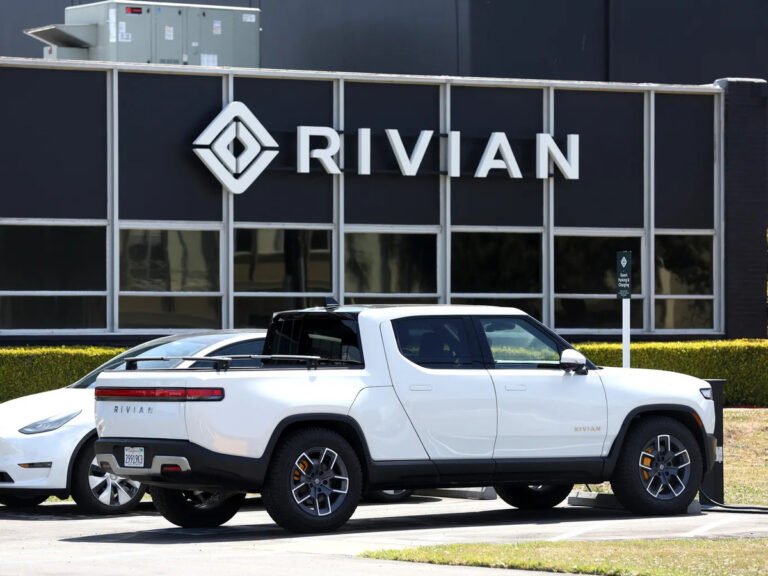
Rivian Automotive Inc.’s (NASDAQ: RIVN) tries to inch up in pre trading session on Thursday after drop to knees of 85.62% in last session as the electric car startup tries to expand operations, Jim Chen is leaving the firm, marking the most recent high-level departure.
Rivian Automotive Inc. (NASDAQ: RIVN) and Lucid Group Inc. (NASDAQ: LCID), two financially struggling U.S. startups, have found it much harder to gain market share in a sector where consumers are competing for dwindling wallets as a result of a price war in electric vehicles spearheaded by market leader Tesla Inc. (NASDAQ: TSLA).
Analysts and investors noted that while Tesla’s decision last week to cut prices on its EVs by as much as 20% internationally may attract new customers to the sector, it will also compel other manufacturers to decrease their pricing in response or risk falling behind.
Mr. Chen, a former Tesla Inc. (TSLA) employee; green up pointing triangle executive who joined Rivian in 2018, led the firm’s state-by-state battle to permit direct-to-consumer sales, a key component of the company’s business model for EV-only manufacturers like Rivian and Tesla that don’t use traditional dealerships to sell cars. According to the business, he is anticipated to quit Rivian at the end of February.
His resignation occurs as Rivian looks to cut expenses in order to conserve cash and after a number of other top executives have recently left the business, including its general counsel and head of supply chain.
According to a Rivian representative, Mr. Chen is leaving the firm on amicable terms and has stated his wish to travel and spend more time with his family.
In a statement sent through email, Mr. Chen said, “I am happy of the job we have done, the effect we have had, and the team that we have formed.”
Mr. Chen’s job at Rivian was to urge states to change the regulations that require automakers to sell their automobiles through franchise dealers. Similar legislative struggles were faced by Mr. Chen throughout his time at Tesla, and he has said that they became more challenging at Rivian.
Mr. Chen oversaw a small staff that routinely visited state capitols around the nation and spoke with legislators there. He was also in charge of Rivian’s federal lobbying operations and regulatory affairs.
Since its grand entrance, the company’s stock price has dropped by 76%, and as of the end of September, the most recent period for which data is available, it had $13.8 billion in cash.
The release of Rivian’s less expensive R2 model was recently delayed from 2025 to 2026. RJ Scaringe, the chief executive of Rivian, stated that the postponement was necessary to give a proposed facility in Georgia enough time to get ready to begin production.
Despite Rivian’s intention to invest $5 billion in the state by constructing a plant there, Mr. Chen encountered strong opposition from the state legislature in Georgia, where he assisted Tesla in obtaining the right to sell cars directly to customers.
In Mississippi, EV entrepreneurs have been permitted to sell their cars through company-owned storefronts, but a new law would make that impossible unless certain conditions are met.
According to Rivian management, increasing the number of company-owned outlets is a crucial component of its retail strategy and is required to decrease costs and increase customer delivery.